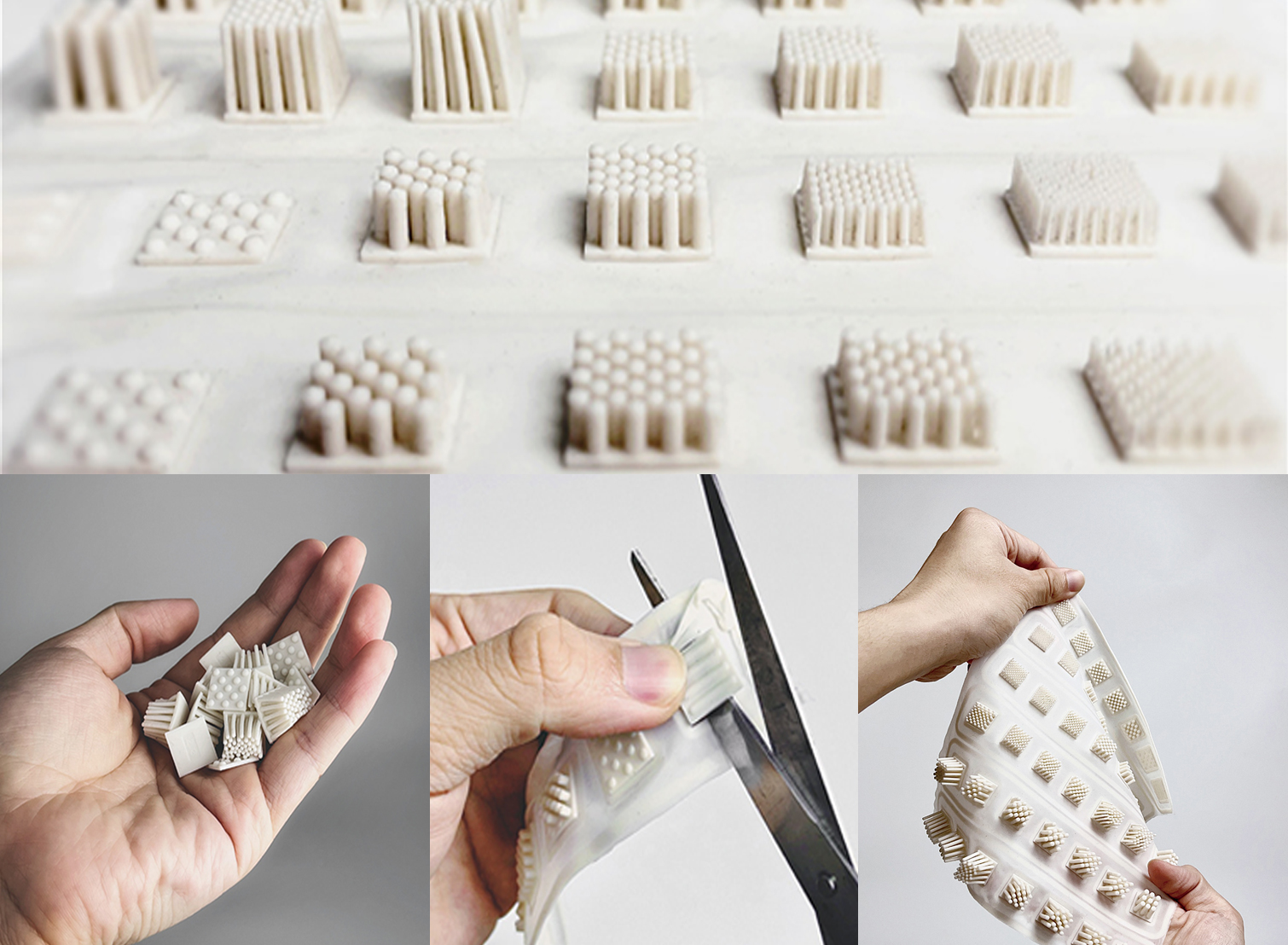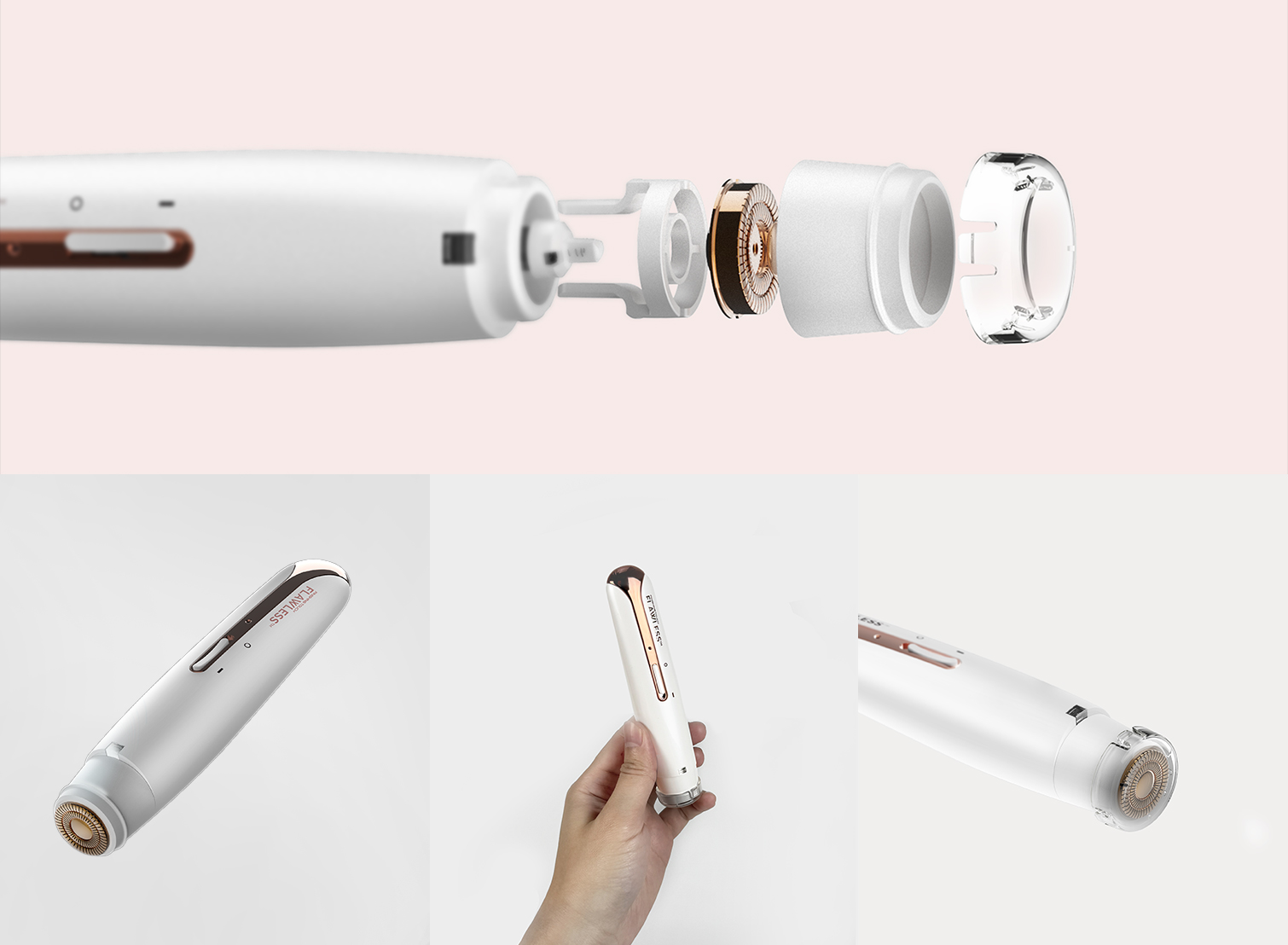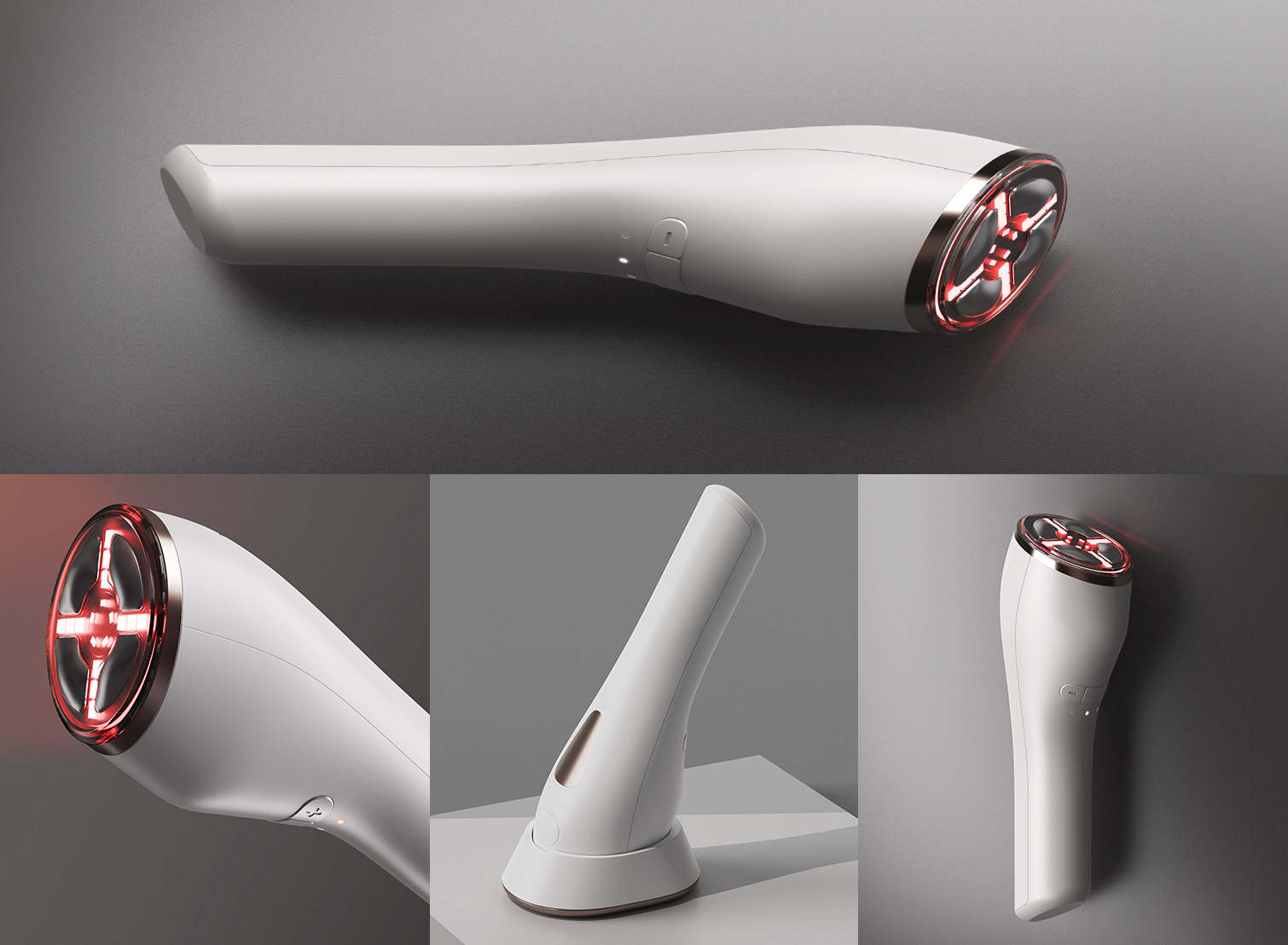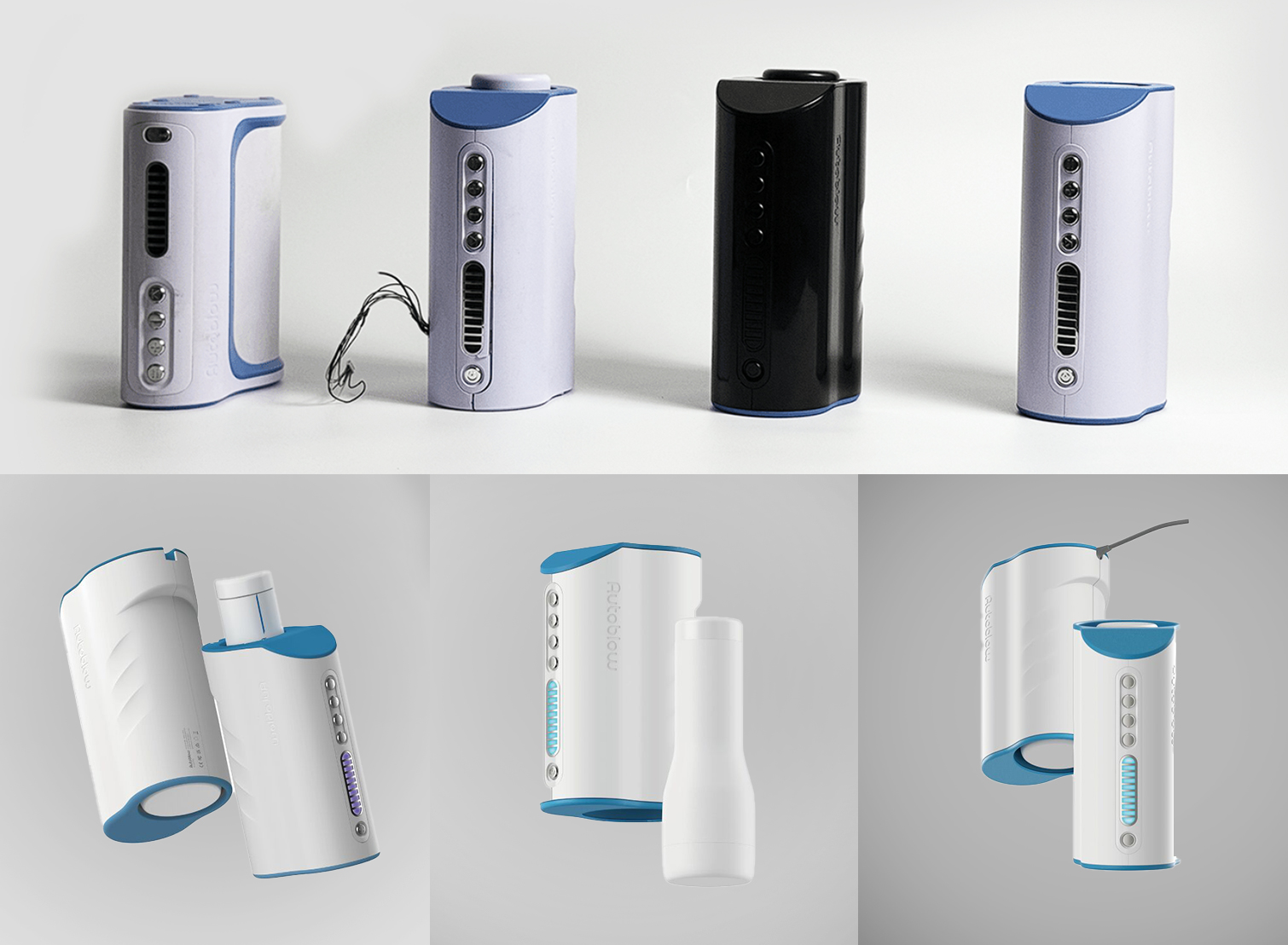Your manufacturing partner is crucial to your product’s success, from design to final production. A strong supply chain partner ensures high-quality products, cost savings, and customer satisfaction. But when your manufacturing partners fall short, it can hurt your business, from delayed lead times to lost competitive advantage.
Recognizing the signs early is key. In this blog, we’ll outline seven indicators that it’s time to reevaluate your current partner and how to choose a partner who can provide just right manufacturing for your needs.
Sign 1 – Frequent Quality Issues
Frequent quality issues can severely damage your product’s reputation and lead to dissatisfied customers. Inconsistent quality control not only results in wasted resources and increased costs but also prolongs lead times, disrupting your supply chain and undermining customer satisfaction. Such problems indicate that your current manufacturing partner may lack effective oversight throughout the manufacturing process.
To overcome these challenges, consider working with a manufacturing partner that provides comprehensive manufacturing services with a strong emphasis on quality control and open communication. A partner with a proven track record can ensure high-quality products while achieving cost savings through improved cost effectiveness. Additionally, choosing a partner committed to eco-friendly practices can enhance your brand’s appeal and contribute positively to the industry by supporting sustainable manufacturing jobs.
Sign 2 – Missed Deadlines
Missed deadlines can create a ripple effect that disrupts supply chains, delays product launches, and strains customer relationships. When your manufacturing partner fails to meet agreed-upon timelines, it can result in lost sales opportunities, increased costs, and a tarnished reputation. Consistently unreliable delivery schedules suggest a lack of proper coordination and oversight in the manufacturing process.
To prevent these issues, work with a manufacturing partner who excels at managing timelines with an integrated design and manufacturing process. A partner who prioritizes precise planning and coordination ensures deadlines are met, protecting your product’s market entry and maintaining customer trust.
Sign 3 – Lack of Communication and Transparency
Poor communication and lack of transparency can quickly cause misunderstandings, costly errors, and ultimately, a breakdown in trust with your manufacturing partner. When information isn’t shared openly or promptly, issues become harder to address, leading to delays, increased costs, and frustration on both sides.
To avoid these pitfalls, choose a manufacturing partner who prioritizes clear and transparent communication. A partner who actively engages in open dialogue and provides regular updates can prevent misunderstandings and swiftly address any potential issues, building a strong, trusting partnership.
Sign 4 – Inflexibility to Scale or Innovate
Partners who can’t scale with your business or adapt to new market demands limit your growth. When your manufacturing partner lacks the flexibility to expand production or incorporate new technologies, it can hold your business back and prevent you from staying competitive.
Choose a manufacturing partner with the capability to scale production and embrace innovation. A partner who can grow with your business and quickly adapt to new technologies ensures that you stay ahead in a competitive market.
Sign 5 – Hidden Costs and Surprise Fees
Hidden costs and surprise fees can cause significant frustration and financial strain, disrupting your budget planning and leading to unexpected expenses. These unforeseen costs can quickly erode trust and make it difficult to manage your finances effectively.
Choose a manufacturing partner committed to transparency and cost efficiency—not just cost reduction. This approach provides better financial control, ensuring that resources are used optimally to deliver maximum value without compromising quality.
Sign 6 – Poor Problem-Solving and Support
When a manufacturing partner can’t quickly and effectively resolve issues, it can lead to significant delays and financial losses. Ineffective problem-solving can disrupt operations, slow down production, and create ongoing challenges that impact your bottom line.
Choose a partner with a proactive approach to problem-solving. A partner who anticipates and addresses potential issues before they escalate ensures smooth, continuous operations, minimizing disruptions and keeping your business on track.
Sign 7 – Misaligned Values and Goals
When your manufacturing partner doesn’t share your business values or goals, it creates friction and leads to conflicts, resulting in suboptimal outcomes. Misalignment can make it difficult to collaborate effectively, hindering your ability to achieve the desired results.
Choose a partner with a collaborative approach that aligns with your company’s values and goals from the start. This alignment fosters a partnership built on mutual success, ensuring that both parties work together seamlessly to achieve common objectives.
Conclusion
Recognizing the seven signs—frequent quality issues, missed deadlines, poor communication, inflexibility, hidden costs, inadequate problem-solving, and misaligned values—can be crucial in deciding whether it’s time to reconsider your current manufacturing partner. These issues can significantly impact your business’s efficiency, costs, and overall success.
If any of these signs sound familiar, it might be the right time to explore new options. Finding a partner that truly aligns with your business needs is essential for long-term success. Consider a partner with a comprehensive, transparent, and cost-efficient approach to manufacturing to ensure your business thrives.










